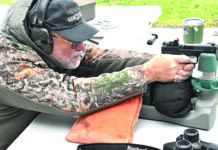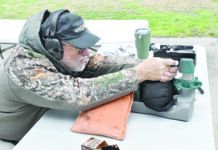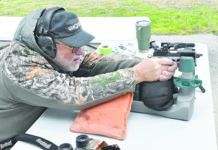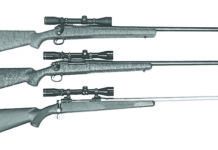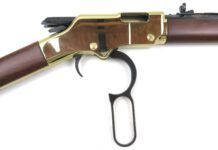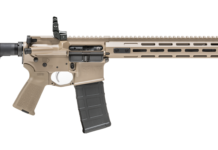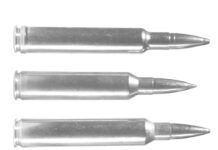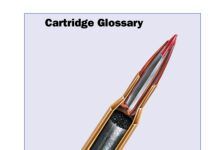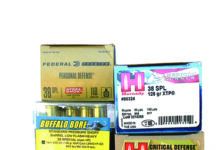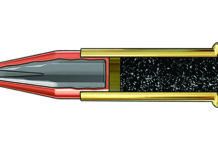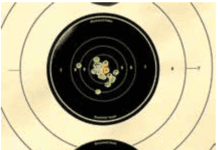New Yorks high court rules… In a major defeat for anti-firearm activists, the New York Court of Appeals unanimously ruled today that victims of firearms-related violence cannot sue firearms manufacturers for the criminal misuse of a non-defective product, stating that Federal law already has implemented a statutory and regulatory scheme to ensure seller responsibility through licensing requirements and buyer responsibility through background checks.
The Court ruled in Hamilton v. Accu-Tek that an entire industry cannot be held responsible for the criminal use of a legally manufactured and non-defective product because the connection between the manufacturer and the criminal is so remote, typically involving a chain of distribution consisting of a federally licensed manufacturer, a federally licensed wholesaler, a federally licensed retailer and numerous subsequent legal purchasers.
In a first-of-its-kind case, anti-firearm attorneys, representing families of murder victims, had sued numerous firearms manufacturers in 1995 claiming that handgun manufacturers marketing and distribution practices were responsible for these criminal shootings even though those practices complied with extensive federal and state regulations governing the sale and distribution of firearms.
In bringing their lawsuit, the plaintiffs had claimed that firearms manufacturers should not engage in a broad category of legitimate and lawful sales. The Court noted the plaintiffs had not only failed to show how any of their suggested reforms would reduce the risk of criminal misuse of firearms-let alone the actual shootings at issue-but would eliminate a significant number of lawful sales to responsible buyers by responsible Federal firearms licensees who would be cut out of the distribution chain. The Court said, the sweep of plaintiffs duty theory is far wider than the danger it seeks to avert.
The case had been tried before a Brooklyn, New York, federal court jury in 1999. The jury awarded damages to the sole surviving shooting victim, but otherwise rejected the plaintiffs claims. The plaintiffs verdict had been the first time a jury had found that a firearms manufacturer was responsible for a criminal shooting.
———-
NICS delays implementation of electronic access program… The National Instant Criminal Background Check System (NICS) Program Office has announced that the NICS E-Check system that was projected to be implemented in the spring of 2001 has been delayed for development of security and operational enhancements. The NICS E-Check will allow Federal Firearms Licensees (FFLs) electronic access to initiate a NICS background check via the Internet during normal NICS operation hours of 8 a.m. to 1 a.m., Eastern Time. In addition, the NICS E-Check will allow the user to check the status of previous transactions 24 hours a day. The toll-free NICS Call Center will continue to be available to initiate background checks. The revised implementation date for NICS E-Check is the last quarter of 2001.


